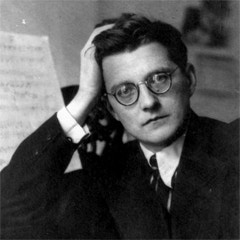
Dmitri Shostakovich, the most famous musician of the USSR, was probably the most ambiguous composer of his era. An unruly child, his musical talents stupefied his teachers Nicolaiev at the piano and Glazunov, (composition). His first symphony, composed before he studied music, was a resounding success. The government commissioned him to compose for the commemoration of the October Revolution.
Leer más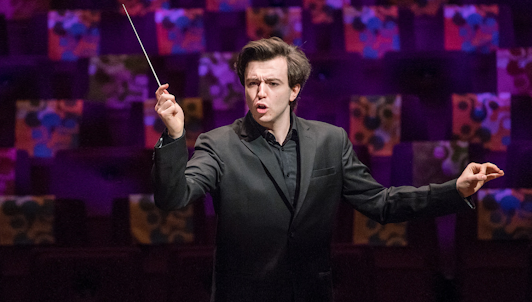
Rotterdam Philharmonic Orchestra

Nina Kaptsova (Rita), Mikhail Lobukhin (Yashka)...

Théâtre des Bouffes du Nord
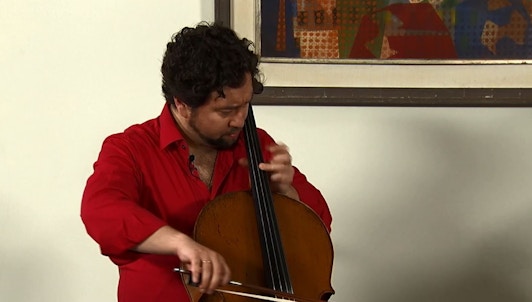
Sonata para violonchelo de Shostakóvich, primer...

Tesoros de la Masterclass Media Foundation
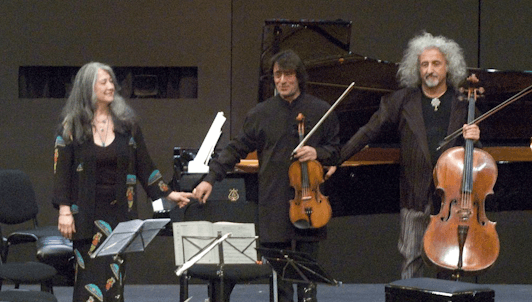
Festival de Verbier 2008

En la Semperoper de Dresde

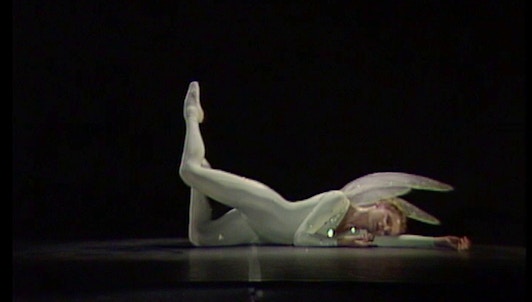
Patrick Dupond, Noëlla Pontois, Kader Belarbi, ...